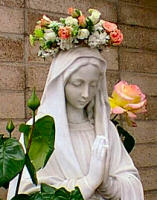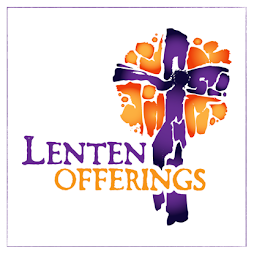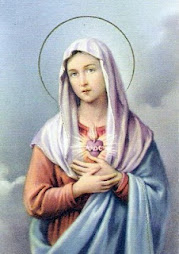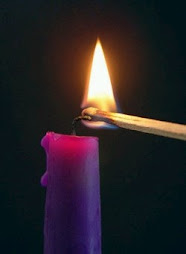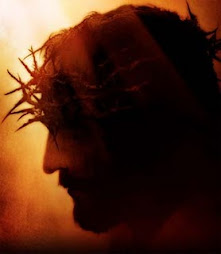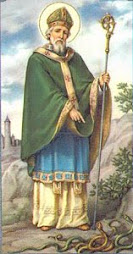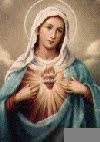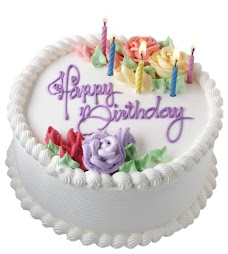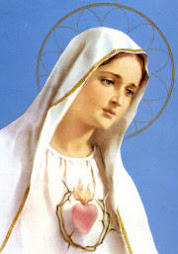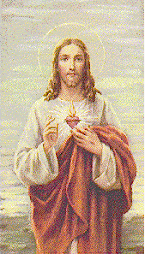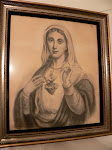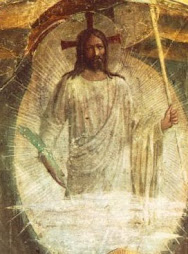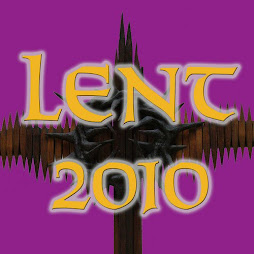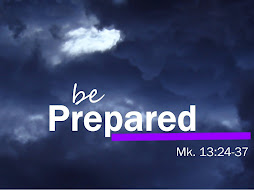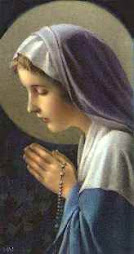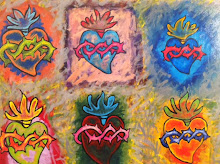 In a world where a few live like kings, many exist as paupers, and astonishing numbers are dying of starvation, don’t you wonder about the deafening silence on the topic of wealth and poverty from our televangelists? Particularly at this time of great economic distress?
In a world where a few live like kings, many exist as paupers, and astonishing numbers are dying of starvation, don’t you wonder about the deafening silence on the topic of wealth and poverty from our televangelists? Particularly at this time of great economic distress? Most pastors would not touch the topic of contemporary greed.
.
Now, there are some exceptions:
The Church of England's two most senior clerics strongly condemned some share traders as "bank robbers" and called for more government regulation of capitalism's greedier instincts.
.
The U.S. Conference of Catholic Bishops urged White House and congressional officials to consider the human impact of the financial crisis in their efforts to rescue the economy from, "the scandalous search for excessive economic rewards even to the point of dangerous speculation that exacerbates the pain and losses of the more vulnerable are egregious examples of an economic ethic that places economic gain above all other values."
.
In 1987, Michael Douglas won an Oscar for Best Actor in the movie Wall Street. In it, Douglas played the role of Gordon Gekko, a fiendishly avaricious stock market speculator. To thunderous applause, in one of the climactic scenes of the film, Douglas alias Gekko tells his adoring audience: "There's a new law of evolution in corporate America. Greed is good."
.
It is a quote that was to become an accepted motto for the decades that followed. Many cultural analysts define the eighties and nineties as "decades of greed" -- a time when only money counted and it didn't matter how you got it. It became socially acceptable to desire excessive amounts of material possessions. Greed became not only accepted; it was encouraged.
.
Today greed is not only accepted as a good, it's encouraged in ways that would have seemed utterly impossible years ago. There couldn't have been a more outlandish illustration of our idealization of greed than Fox network's brilliant concept for a show called Who Wants To Marry A Multi-millionaire? Thousands of contestants competed to marry a man they hadn't dated or even met just because he was a "multi-millionaire." Encouraging this gross display of greed were the more than twenty million people who actually tuned in to the premier show.
.
What would Jesus say? Contrary to Gekko's conclusion, greed is not good. “Take care! Be on your guard against all kinds of greed; for one’s life does not consist in the abundance of possessions,” he warned. In the gospel of John, Jesus tells us, “Do not store up for yourselves treasures on earth, where moth and rust destroy, and where thieves break in and steal. But store up for yourselves treasures in heaven, where moth and rust do not destroy, and where thieves do not break in and steal. For where your treasure is, there your heart will be also. . . . You cannot serve both God and Money." Although current events show that we continue to try, our Christian faith exhorts us to change our ways.
.
A few notes for your perusal:
Greed drives our consumerist, capitalist society. Everything is a commodity to be consumed for your own personal pleasure, including Jesus. Therefore, it becomes all about marketing the church to meet the demands of a picky consumer & selling Jesus as cheaply as possible. I would imagine that great men like Dietrich Bonhoeffer are rolling over in their graves because of this.
.
Greed will never make us rich toward God. Somewhere along the line we've the mistaken notion that an abundance of possessions is the same as abundant living.
Greed never knows how much is enough. The thin line between our "wants" and "needs" becomes blurred. Is it possible that we mostly desire the wrong things to fill our restless hearts?
.
Greed can make you coldhearted. Is it possible that greed, a perverted form of self-love, prevents us from any concern for others?
.
Greed diverts our reliance on God--in essence it's a form of idolatry. Is it possible that our well-meaning quest for financial security lessens (or replaces) our need to trust in God?
.
Three interesting Comments:
"There is enough in the world for everyone's need, but not enough for everyone's greed." —Frank Buchman on Greed
.
"The point is that you can't be too greedy." —Donald Trump on Greed
.
"You Pharisees are so careful to clean the outside of the cup and the dish, but inside you are still filthy--full of greed and wickedness! – Jesus
.
.
.









